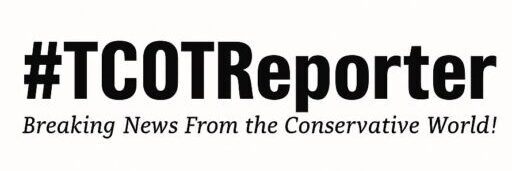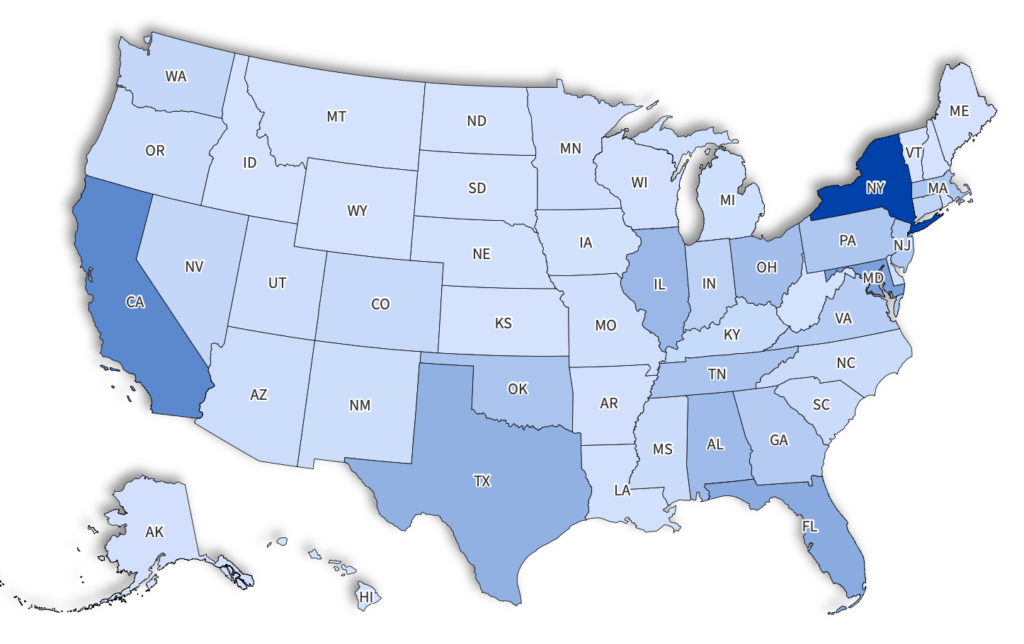How SNAP Fraud Became a Feature, Not a Flaw
The Supplemental Nutrition Assistance Program was never supposed to be a full-time employment opportunity—except, apparently, for the people defrauding it.
Twenty-nine states now report major SNAP fraud operations, and the pattern looks less like random abuse and more like design. The system feeds everyone except the taxpayers funding it.
The Business of “Need”
Every bureaucracy eventually discovers its true mission: self-preservation.
SNAP began as a safety net. Now it’s an economy. Each layer—federal, state, vendor, nonprofit—takes a cut in the name of compassion. Auditors call it “improper payments.” Washington calls it “expanding access.”
Meanwhile, convenience stores become laundromats for benefits, EBT cards get sold like baseball cards, and the USDA shrugs, issues a task force, and moves on to the next press release about “food equity.”
The Nonprofit Laundromat
The same activist nonprofits that lobby for bigger budgets also “educate” recipients on how to use those benefits—sometimes literally by showing them how to sell or trade them.
It’s a closed circuit: advocacy generates funding, funding fuels fraud, fraud proves “underserved demand,” and the cycle repeats. When GAO reports $11 billion in overpayments, the agencies responsible call it proof of generosity.
There’s no accountability when failure pays better than success. The hunger lobby depends on perpetual hunger.
The Moral Middleman
Politicians love SNAP because it photographs well. Nothing says “I care” like standing between a struggling family and a camera.
But the new welfare complex isn’t about food—it’s about votes and contracts. “Feeding the hungry” has become the perfect moral laundering device: move taxpayer money through vendors and NGOs, collect administrative fees, and call it empathy.
In the process, real families vanish behind spreadsheets. The working poor become props for an industrial-scale guilt machine.
Reform That Can’t Happen
Every inspector general who’s tried to clean this up runs into the same wall: reform means reduction, and reduction means fewer federal jobs, fewer grants, fewer headlines about “record enrollment.”
When government depends on dysfunction for growth, fraud isn’t a bug. It’s a performance metric.
The Bottom Line
The United States doesn’t have a hunger problem—it has an honesty problem.
SNAP was meant to be a lifeline. It’s become a lifestyle—for bureaucrats, contractors, and political opportunists who discovered that pity, properly monetized, beats any investment on Wall Street.
Citations
- USDA Office of Inspector General – “SNAP Fraud and Trafficking Investigations, FY 2025 Summary” (Oct 2025)
- Government Accountability Office – “High-Risk Series: Improper Payments in Federal Programs” (Mar 2025)
- Reuters – “SNAP fraud cases rise across 29 states amid weak enforcement” (Oct 2025)


Pingback: The Iron Triangle: Welfare, Borders, and the Bureaucracy That Feeds Itself - #TCOT Reporter
Pingback: THE SOMALI FRAUD STATE - #TCOT Reporter
Pingback: The Migration of Narratives - #TCOT Reporter